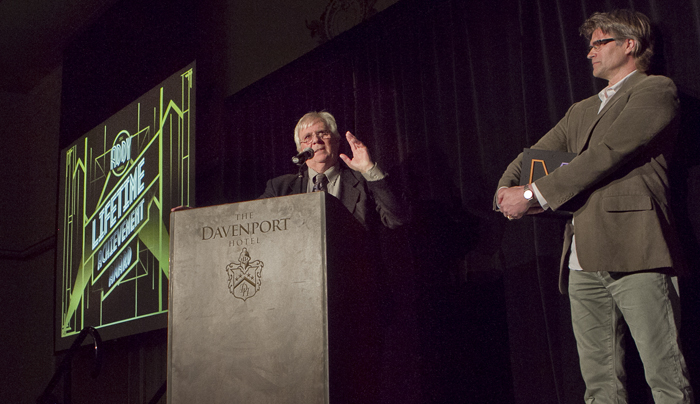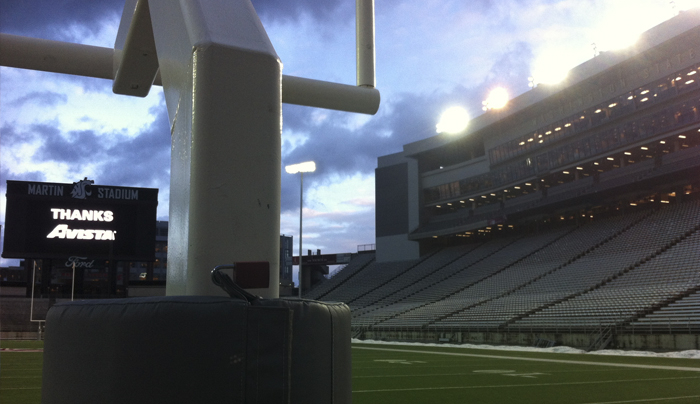Alto saxophonist Charlie Parker died on this date in 1955—Jack Kerouac’s thirty-third birthday. Sounds to me like the perfect occasion to revisit the 239th Chorus of Kerouac’s Mexico City Blues (1959):
Charley Parker Looked like Buddha
Charley Parker, who recently died
Laughing at a juggler on the TV
after weeks of strain and sickness,
was called the Perfect Musician.
And his expression on his face
Was as calm, beautiful, and profound
As the image of the Buddha
Represented in the East, the lidded eyes,
The expression that says “All is Well”
– This was what Charley Parker
Said when he played, All is Well.
You had the feeling of early-in-the-morning
Like a hermit’s joy, or like
the perfect cry
Of some wild gang at a jam session
“Wail, Wop” – Charley burst
His lungs to reach the speed
Of what the speedsters wanted
And what they wanted
Was his Eternal Slowdown.
A great musician and a great
creator of forms
That ultimately find expression
In mores and what have you.
Better yet, read it aloud while Jaco Pastorius plays “Donna Lee,” a tune written by Miles Davis and recorded by Parker in 1947.
Dig it, man.
posted by: Aaron Bragg | category: random thoughts | make a comment







